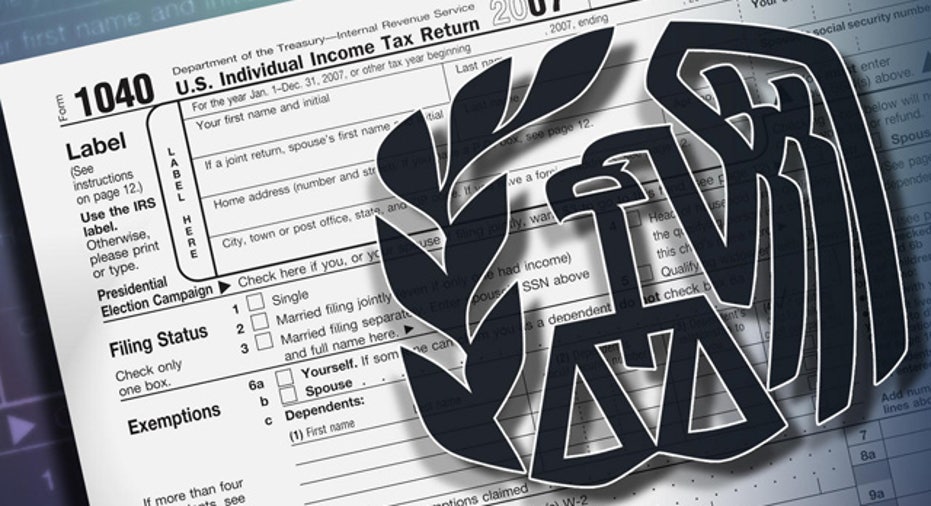Timing is Everything When Tax Planning for Your Small Business

When it comes to tax planning for your business the timing of taxable events and transactions are crucial. The following are examples that will help you determine how best to handle your finances with an eye to the bottom line and the tax repercussions.
Calendar vs. Fiscal Year: Timing issues relating to workflow management and your business cycle may dictate that you select a year other than the natural Dec.31 calendar year ending date. Special rules apply when determining a different calendar year, so do your research and consider checking with a professional before making the final decision.
Selecting a year end other than Dec. 31 is normally an option available only to C Corporations.
Bear in mind that changing your year end only works for income tax issues. When it comes to payroll, the timing is carved in stone: It doesn’t matter when your year ends, payroll is on calendar year. W2s are still due to employees by Jan. 31, and quarterly reports are due the month after the end of the calendar quarter.
Cash vs. Accrual: When you first set up your business, you have a choice of either being on the cash basis or the accrual basis of accounting. Simply stated, on the cash basis you report only monies received and expenses paid during the accounting period – usually January through December. On the accrual basis you report as sales all invoices sent to customers whether they have been paid or not. You declare all bills received as expenses whether they have been paid or not. Check with your tax professional as IRS regulations may dictate that your business report income and expenses on the accrual basis. Once you have made your selection you must make a formal request to the IRS to change to a different method. Hybrid methods are available as well.
Sales Tax: Sales are reported on the accrual basis for sales tax returns. Here again, if you’ve invoiced the customer and haven’t received payment, you must still include the sale on the sales tax return. Later, if a sale goes bad, you will make adjustments for returns and allowances as well as for bad debt on a future tax return. Make sure you keep all documentation to substantiate these line items with your copy of the tax return in the event of an audit.
Payroll Tax: Payroll reporting for W2s and quarterly returns is always done on a cash basis. For example, payroll for January through March 31 includes only the payments made to employees during that time period. If the final payday during that quarter is March 20, do not accrue and report employee pay from the 21st to the 31st. It doesn’t matter if you’re business is set up on a fiscal year end, payroll is always reported on a calendar year basis.
Credit Card Charges: Whether you are on cash or accrual basis of accounting for your business, know that if you charge a business expense on a credit card, you may take the deduction for the year in which it was charged. So let’s say you purchase office supplies on December 20, 2013 for $500. You will not receive a bill and pay for it until January 2014, however, you are allowed to take the deduction on your 2013 income tax return.
Advances: If you receive deposits on sales from customers, you needn’t report the deposit until you actually convert it to a sale. However, in the 2nd year of holding the deposit, it must be reported as a sale whether or not the transaction has been consummated.
Constructive Receipt: Many business owners on the cash basis like to play games with income and expenses at year end. They pay bills sometimes in January but back date the checks to December so they can take the expenses as deductions on the tax return. By the same token, your customers may pay you during the last week of December but you may hold the bank deposit until January 2. Both actions are a no-go. Back dating is not allowed. And when it comes to sales, you must include whatever income you receive before December 31 on the tax return regardless of when you deposit the funds into the bank.



















